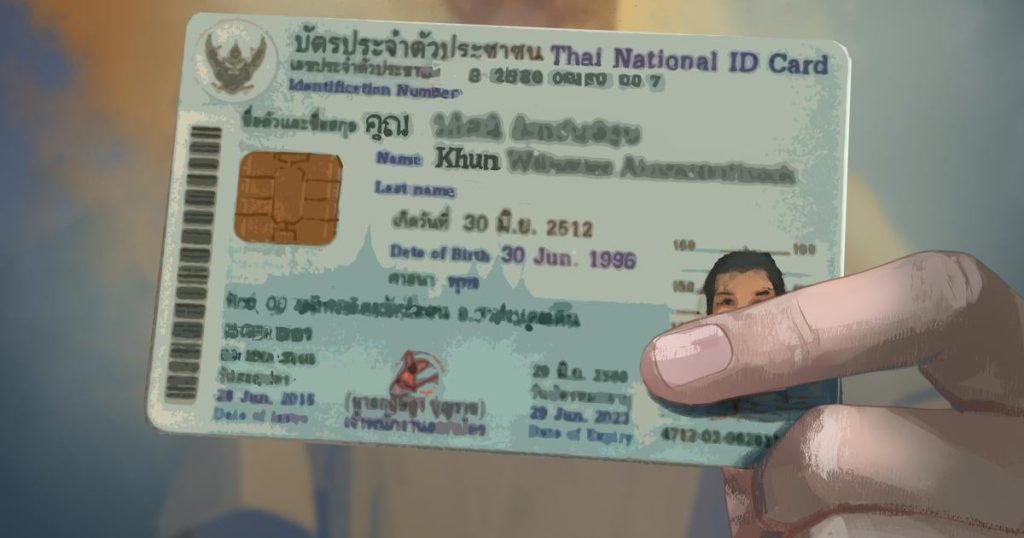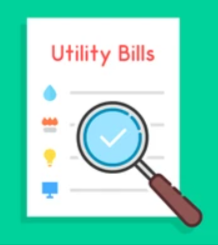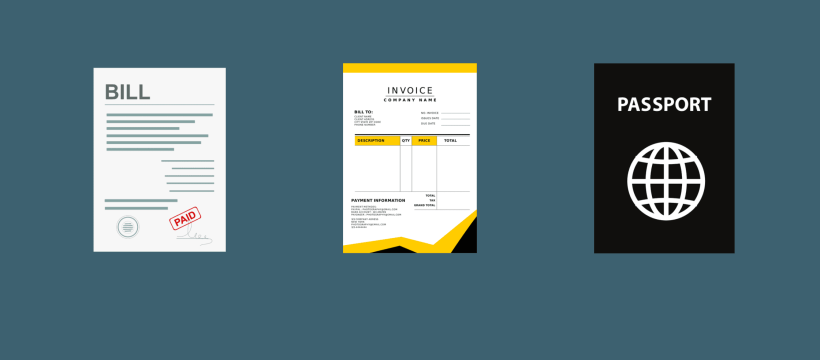When it comes to proving your residency, many of us automatically think of traditional documents like utility bills or bank statements. However, there are lesser-known alternatives that can be just as effective in establishing your address.
Introduction to Alternative Proof of Address Documents
By being aware of alternative documents, you can navigate the process of establishing proof of address more effectively and efficiently.
Affidavit of Residency
An affidavit of residency is a sworn statement signed by a third party who can vouch for your address. This document confirms that you reside at a particular location and can be useful when traditional proof of residence documents are unavailable. Typically, the affiant should be someone like a landlord, employer, or neighbor who knows you well and can verify your residency.
Lease or Rental Agreement
If you are a tenant, your lease or rental agreement can serve as reliable proof of address. This legally binding document outlines the terms and conditions of your tenancy and includes your occupation information, the landlord’s information, and the duration of your lease. It is often accepted by various institutions as valid proof of residency.
Government-Issued ID
Certain government-issued identification cards can also double as proof of residency. For example, a driver’s license or a state identification card with your current address can be used as supporting evidence of your residency. These IDs are widely accepted due to their authenticity and the strict verification processes involved in obtaining them.

Lesser-Known Alternatives
There are also several additional options:
Voter Registration Card
A voter registration card not only allows you to exercise your right to vote but also serves as proof of your address in many cases. It demonstrates your affiliation with a specific voting district and verifies that you reside within its boundaries.
Medical or Health Insurance Documents
Some medical or health insurance-related documents can be utilized as proof of address, such as medical bills, insurance cards, or correspondence from healthcare providers. These documents usually contain the necessary information and can be accepted by certain institutions as legitimate proof of residency.
School or University Enrollment Records
If you are a student, your school or university enrollment records can be considered as alternative proof of address. These records often include your current address, course details, and enrollment dates. They are typically issued by educational institutions and can be relied upon for establishing residency.
Factors to Consider and Limitations
While these alternative proof of address documents can be valuable, it’s important to note that their acceptance may vary depending on the institution or organization. Different entities have different requirements, so it is advisable to check with them beforehand to ensure the document you choose will be accepted.

